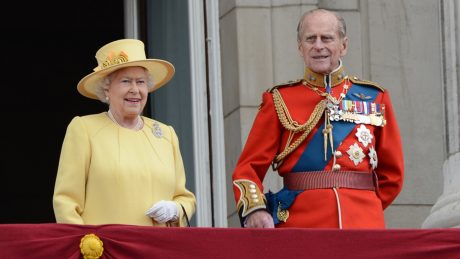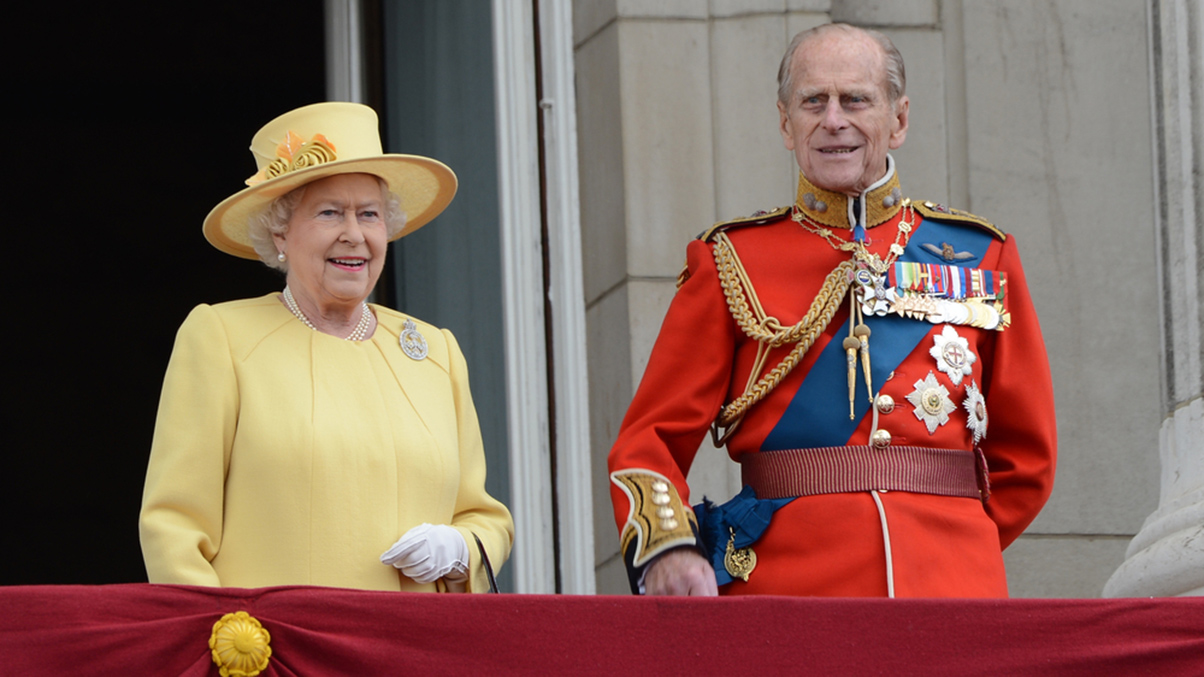The Guardian has failed in its appeal against the decision to hold a secret court hearing about whether Prince Philip’s will should be kept sealed. The Guardian argued that the decision to exclude the media from the hearing undermined the principle of open justice. Trust and Probate law specialists, Geoff Kertesz and Judith Swinhoe-Standen review the proceedings here.
Prince Philip, Duke of Edinburgh, passed away in April 2021. Later that year, at a hearing, the President of the Family Division of the High Court (the PFD) decided to seal Prince Philip’s will for 90 years. Wills are usually public documents, but the PFD held that Prince Philip’s will fell into the sole legal exception to the usual rule because it was “undesirable or inappropriate” to publish it.
However, the fact that the hearing happened at all was kept private until the judgment was released. The Guardian objected to the media not having been informed that the hearing was taking place, but the PFD dismissed its objections. The Guardian appealed this on three grounds:
- The PFD had been wrong to hold that only the Attorney General could speak to the public interest on both media attendance at the hearing and the substantive issues.
- The PFD had been wrong in law to deny the media an opportunity to make submissions on whether the substantive hearing should be in private.
- The PFD wrongly failed to consider any lesser interference with open justice than a private hearing excluding all press representatives.
The Guardian argued that excluding the media from the High Court hearing left them unable to make arguments on issues concerning the sealing of the will.
Why was the Guardian’s appeal rejected?
The Guardian’s appeal was rejected for the following principal reasons:
- The media has no automatic right to attend hearings of proceedings to which they are not a party.
- If the media had been invited to the High Court hearing, significant publicity would have been generated over an extended period, which would have contradicted the need to preserve the Queen’s dignity and her family’s privacy.
- The principle of open justice was adequately served by the High Court publishing a full judgment as to the process and reasoning for the decision. Courts can move away from the principle of open justice in exceptional circumstances, and the Court of Appeal ruled that these circumstances were exceptional.
Interestingly, one judge, Lady Justice King, provided her own section of the judgment setting out her views on the Guardian’s third ground of appeal on the question of open justice. Her view was that the PFD had not considered options for a lesser interference, for example allowing accredited members of the press to attend the hearing subject to imposing strict reporting restrictions. Even bearing in mind that the immediacy of news transmission increased the complexity of structuring the restrictions, her view was that any such logistical challenges should not in themselves have served as a justification for a hearing to be wholly private where an alternative route to open justice was available.
This judgment once again highlights the tension between the private affairs of certain individuals and the fundamental principle of open justice. It also notably contrasts with the current trend in family law proceedings towards public transparency.
You can find further information regarding our expertise, experience and team on our Trust and Probate Litigation page.
If you require assistance from our team, please contact us.
Subscribe – In order to receive our news straight to your inbox, subscribe here. Our newsletters are sent no more than once a month.





